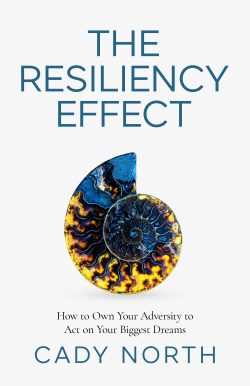A big problem I’ve observed is people keeping too much income in their checking account, earning next to nothing in interest. This creates a huge unnecessary drag on wealth building because:
- It prevents you from earning interest on these funds, and
- It makes it easier to splurge on unplanned expenses that aren’t related to your major life goals.
I think this phenomenon happens for a variety of reasons. Some people feel better having a big buffer because they’ve been through cash flow shortfalls in the past. Sometimes the funds were earmarked for something that didn’t pan out. Too often, though, people just don’t know what do with it, and don’t have time to do the research. It’s not their fault, this kind of stuff isn’t really taught in school.
So let me give you some guidelines for handling the split between checking, savings and investing:
- Are you maxing out your employer and tax advantaged retirement accounts? If not, fix it.
- Keep enough to cover 1 month worth of expenses, plus a buffer (to account for some variability) in your checking account. If you don’t know what your monthly expenses are, then it’s time to create a budget.
- Move any additional funds over to a high-yield online savings account to be used as your emergency funds. You should have as much as three to six months of expenses in an account where you can gain access to the funds within a few days, and it should earn interest. Right now many of the online accounts offer 0.8% to 1% interest. This fund can be used for unexpected expenses related to your home or car, or provide a buffer if you lose your job. This buffer becomes even more important if you’re self-employed or a freelancer. Depending on the reliability of your income, it’s a good idea to increase the amount to cover 6-9 months of expenses.
- Once you have an emergency fund in place, then you can start to look at investing any additional income in a brokerage account for long-term growth. Caution: You have be very careful to avoid unwanted tax burdens in this account, since it will sit outside the haven of tax-advantaged retirement accounts. That means you want to limit buying and selling of funds, focus on long-term gains, and limit taxable fixed income streams. The best way to handle this is by purchasing low-cost index funds or ETFs that give you exposure to the broad market and pay dividends. The exact mix of funds should reflect a time horizon for when you’ll need them. Don’t know when you’ll need the funds? It’s probably time to do some dreaming and goal setting.
These are, of course, guidelines and there will be variability depending on individual situations. The message here is — make your money work for you.



